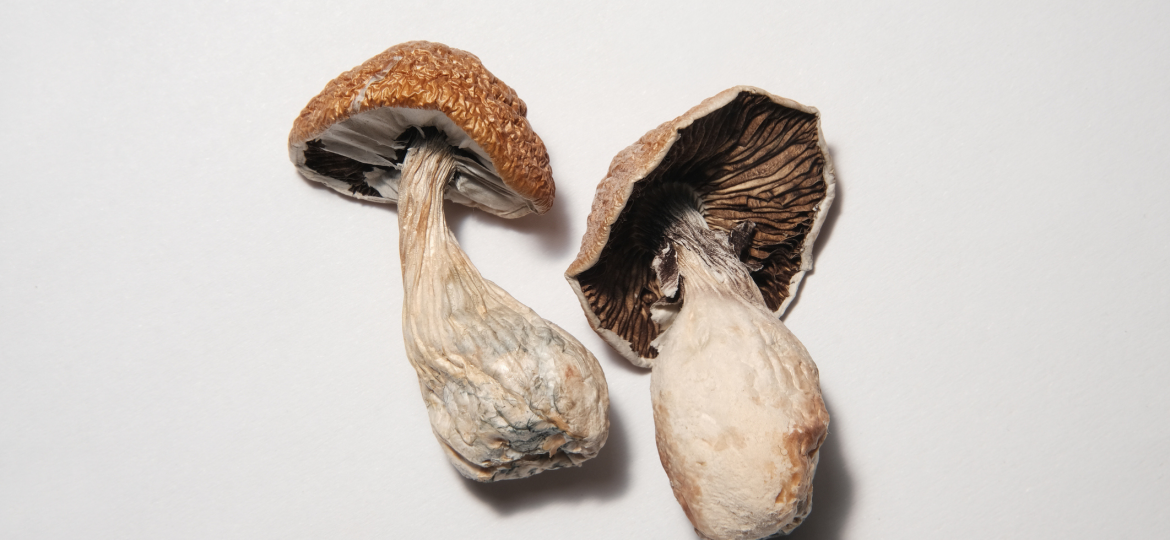
Depression can accompany workplace injuries, particularly those resulting in chronic pain or long-term disability. When these injury-induced mood disorders won’t respond to standard treatments, recovery can stall indefinitely. Now, an unlikely candidate is emerging as a potential breakthrough: psilocybin, the active compound in what many call “magic mushrooms.” Once dismissed as merely recreational, this naturally occurring substance is gaining serious scientific attention—and pharmaceutical investment—for its remarkable effects on treatment-resistant depression, including the kind that commonly develops following workplace trauma.
From Ancient Ritual to Modern Medicine
Long before clinical trials and pharmaceutical patents, indigenous cultures worldwide recognized the powerful psychological effects of psilocybin mushrooms, incorporating them into spiritual and healing practices for centuries. Modern scientific interest began in the 1950s but was abruptly halted when psilocybin was classified as a Schedule 1 controlled substance.
The research drought ended in 2000 when Johns Hopkins University researchers secured regulatory approval to study psychedelics in healthy volunteers. Since then, interest has exploded—over 80 companies now focus on developing or administering psychedelic compounds for therapeutic purposes.
Promising Results Spark Industry Investment
Compass Pathways has positioned itself as a leader in the field with Comp360, their patented form of psilocybin. Designated as a breakthrough therapy by the FDA, Comp360 showed significant promise in a Phase 2b trial involving 233 people with treatment-resistant depression. Phase 2 trials are designed to test efficacy and further evaluate safety in a larger group of patients, while establishing optimal dosing regimens. Participants receiving the 25mg dose reported substantially greater improvement than those receiving lower doses, prompting the company to advance to Phase 3 studies, which focuses on generating enough data to obtain regulatory approval of the new therapy.
This research builds on earlier industry milestones, such as Johnson & Johnson’s 2019 FDA approval for Spravato, a ketamine-derived nasal spray for treatment-resistant depression. While ketamine differs from psychedelics like psilocybin, its approval signaled regulatory openness to previously controlled substances for mental health treatment.
Recent Research Strengthens the Case
A 2023 multi-site clinical trial published in JAMA adds compelling evidence for psilocybin’s effectiveness. The study followed 104 adults with Major Depressive Disorder across 11 U.S. research sites, comparing a single 25-mg dose of psilocybin to a placebo. Participants who received psilocybin experienced significantly greater reductions in depression symptoms, with benefits appearing within eight days and persisting through the six-week follow-up period.
The Treatment Experience: More Than Just a Pill
Unlike traditional medications, psilocybin therapy involves more than simply taking a drug. Current protocols include:
- Preparatory sessions with specially trained facilitators
- Administration in a controlled, supportive setting
- Integration sessions afterward to process insights gained during the experience
This comprehensive approach contributes to both the treatment’s apparent effectiveness and its challenges. Industry experts estimate costs between $4,000 and $20,000 per patient, with most expenses going toward therapeutic support rather than the drug itself.
Safety Profile and Research Challenges
Recent meta-analyses from University of Georgia researchers found side effects comparable to traditional antidepressants: headaches, nausea, anxiety, dizziness, and temporarily elevated blood pressure. These effects typically resolved within 48 hours.
Researchers continue working to address several challenges:
- Creating truly double-blind trials despite psychedelics’ obvious effects
- Expanding demographic representation in studies
- Understanding potential long-term effects
- Testing in more diverse patient populations
What’s Next in Psychedelic Medicine
Pharmaceutical companies aren’t just studying natural psilocybin—they’re also developing modified compounds that might enhance therapeutic benefits while reducing adverse effects. Innovations include new delivery methods and novel molecules inspired by psychedelic structures.
Institutional support is growing too. In 2021, the National Institutes of Health awarded its first grant in over 50 years for psychedelic treatment research, focusing on psilocybin’s potential to treat tobacco addiction.
What This Means for Workers’ Compensation
For claims professionals managing cases with treatment-resistant depression or PTSD—conditions that can significantly impede recovery from workplace injuries—these developments deserve attention. However, several practical considerations remain:
- Psilocybin treatments remain experimental and unavailable outside clinical trials
- The high administration costs and specialized supervision requirements will likely create utilization challenges similar to those seen with ketamine therapy
- Regulatory frameworks continue to evolve
As research progresses and regulatory pathways become clearer, psilocybin-based treatments may eventually offer new hope for individuals struggling with depression that has resisted conventional treatment. For now, staying informed about developments in this rapidly evolving field represents the best preparation for workers’ compensation professionals.
